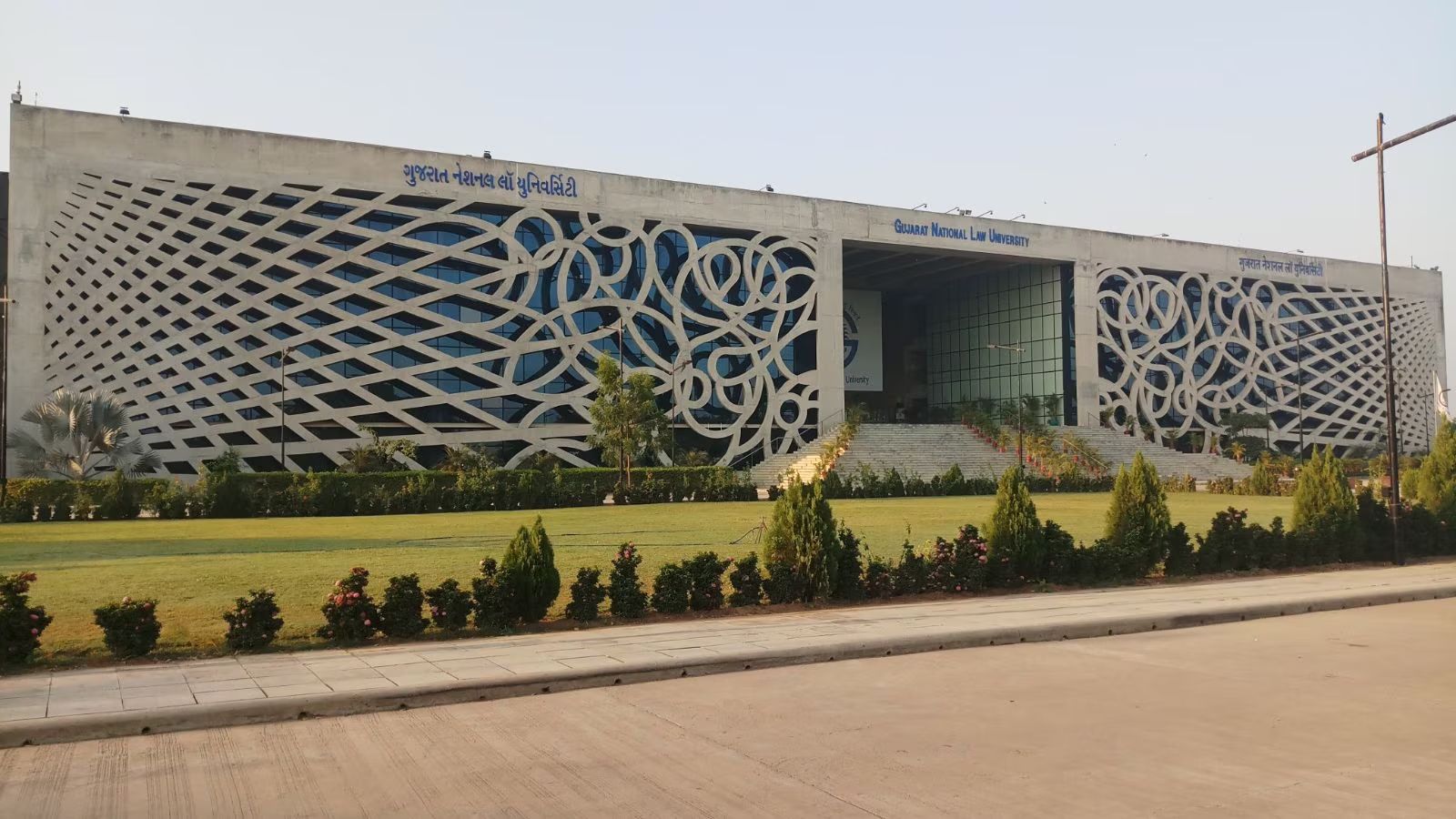Tech as a Tool, Not a Replacement: SC Judge's Advice to Future Legal Minds at GNLU

In a compelling address to students of Gujarat National Law University (GNLU) Gandhinagar, Supreme Court Justice Nilay Vipinchandra Anjaria underscored the critical importance of integrating technology thoughtfully into the legal profession. He cautioned against allowing technology to supplant human judgment, emphasizing its role as a powerful tool to enhance, rather than replace, the nuanced decision-making process inherent in law.
Justice Anjaria's message resonated deeply within the GNLU community, known for its commitment to fostering innovative legal education. His remarks arrived at a time when artificial intelligence (AI) and other technological advancements are rapidly transforming various sectors, including the legal landscape. The rise of AI-powered legal research tools, predictive analytics, and automated document review systems present both opportunities and challenges for aspiring lawyers.
“Embrace technology thoughtfully, using it as a tool and not letting it override human judgment,” Justice Anjaria stated, highlighting the core of his advice. He explained that while technology can significantly improve efficiency and access to information, it lacks the crucial elements of empathy, ethical considerations, and contextual understanding that are fundamental to the practice of law.
The judge’s perspective is particularly relevant in the context of evolving legal frameworks surrounding AI. As AI systems become more sophisticated, questions arise regarding accountability, bias, and the potential for algorithmic errors to impact legal outcomes. Justice Anjaria’s words serve as a reminder that human oversight and critical thinking remain indispensable, even in an increasingly technology-driven world.
GNLU, recognized as a leading law school in India, has been actively exploring ways to integrate technology into its curriculum. The university's focus on practical legal training and its emphasis on ethical considerations align perfectly with Justice Anjaria’s message. The students, representing the future of the legal profession, are being equipped not only with legal knowledge but also with the skills to navigate the complexities of the digital age.
The interaction with Justice Anjaria provided a valuable opportunity for GNLU students to engage with a prominent figure in the judiciary and gain insights into the evolving role of technology in the legal profession. His advice to prioritize human judgment and ethical considerations will undoubtedly shape their approach to legal practice as they embark on their careers.
Ultimately, Justice Anjaria’s message is a call to action for the legal community: to harness the power of technology responsibly, ensuring that it serves to enhance justice and uphold the principles of fairness and equity.






